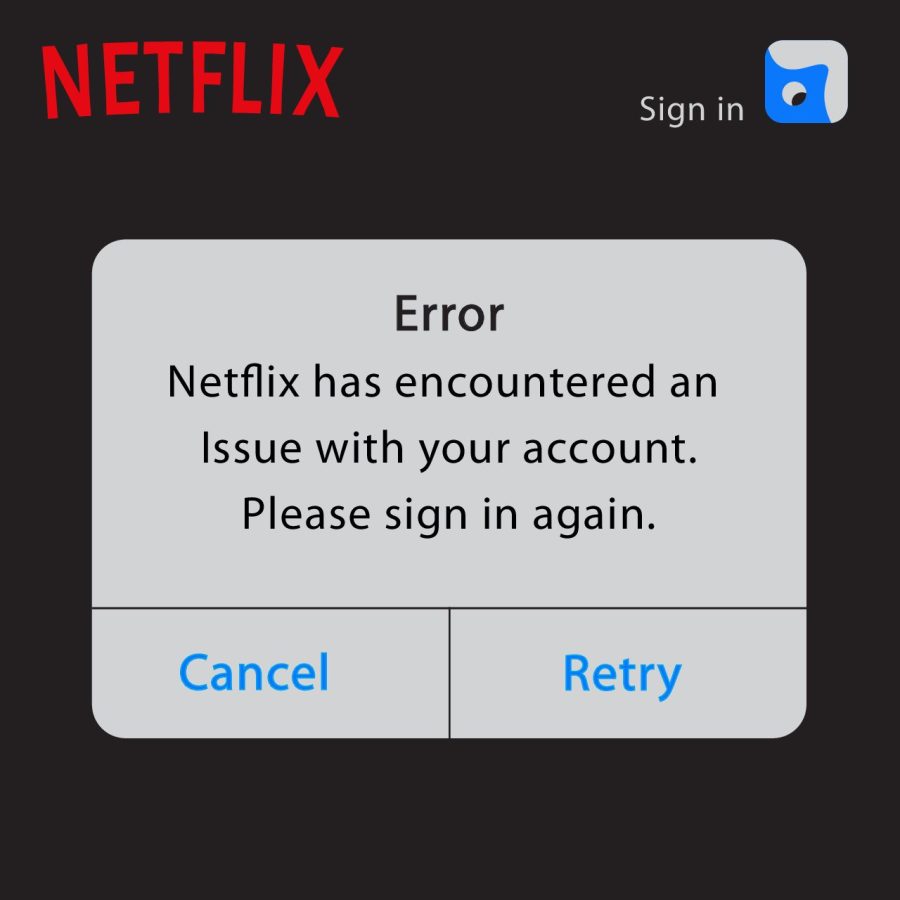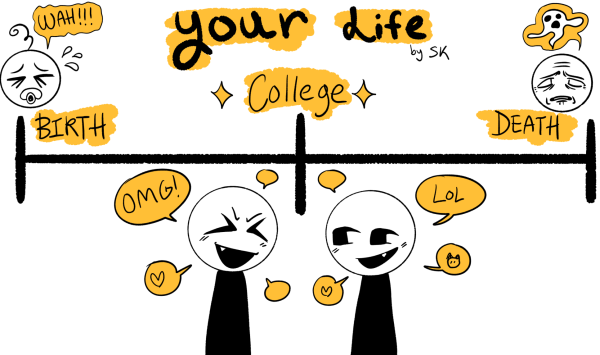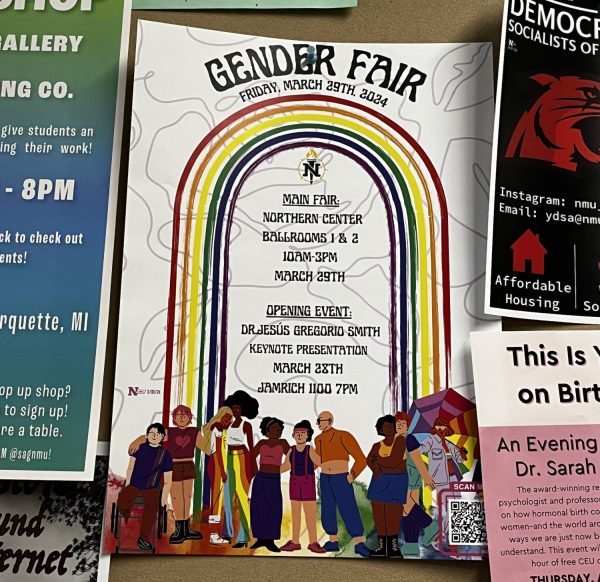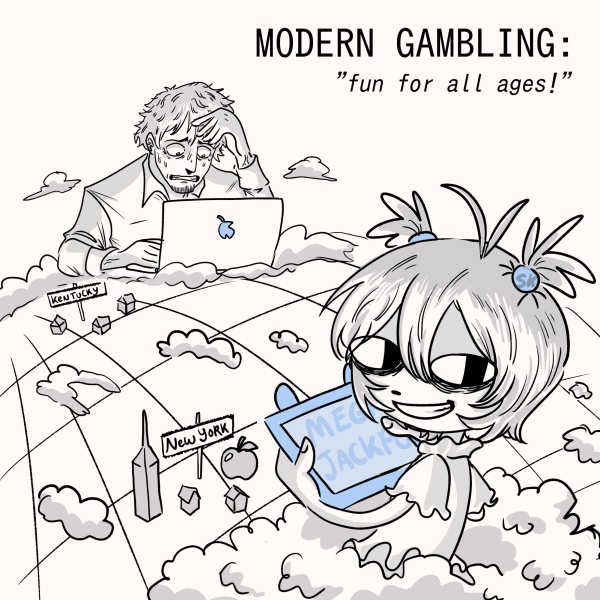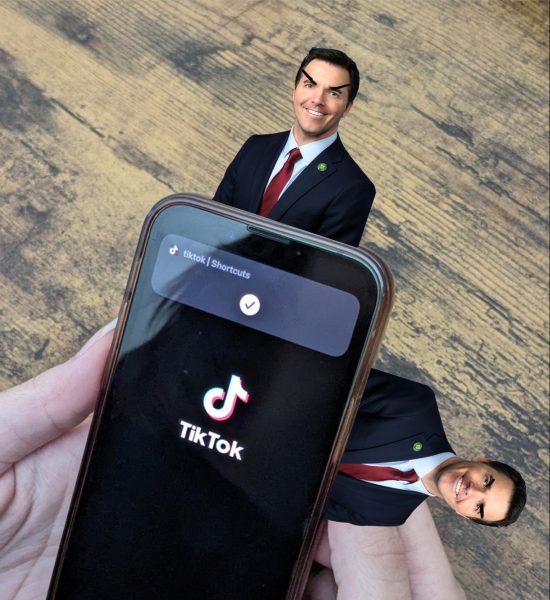Editorial — What Netflix’s ‘paid-sharing’ plan means for college students
February 16, 2023
To prohibit “freeloaders” from consuming their content at no cost, Netflix announced it will be putting an end to widespread password sharing within the next month.
This move by the streaming giant comes after it was estimated that more than 100 million viewers use the platform free of charge. Coupled with the fact that the company started the 2022 fiscal year with a loss of well over one million subscribers, Netflix let its shareholders know in a Jan. 19 letter that they were making a significant change to their business model.
“Today’s widespread account sharing … undermines our long-term ability to invest in and improve Netflix, as well as build our business … So we’ve worked hard to build additional new features that improve the Netflix experience, including the ability for members to review which devices are using their account and to transfer a profile to a new account.”
This is quite a shift for a business that used to encourage password sharing, with Netflix tweeting in 2017 that “love is sharing a password.”
The “additional new features” that the company will be rolling out is a “paid-sharing” plan. Considering Netflix’s terms of service have always stated that an account was to be limited to those living in a single household, with up to five user profiles per account, the new plan would allow account holders to add additional households to their plan at a further cost.
This fact raises a serious question: How will the company know different households are accessing an account?
Netflix plans to use location tracking to put an end to the “freeloader” issue. This means the company will be using your IP address, device ID or Wi-Fi server to identify whether you are the account’s primary holder. If someone attempts to log in outside the primary household, they will be blocked from doing so.
There are a few exceptions to this new rule. If the account holder is traveling, for instance, a temporary code will be provided for seven days. Also, as long as your streaming device of choice is connected to the primary location’s Wi-Fi once every 31 days, you will be able to stream uninterrupted.
So, what do these changes mean for college students who use their family’s Netflix account, especially those who live hours away from their hometown?
The streaming company has failed to realize that most college students, who are already burdened by the cost of attending university, use their family’s account while hundreds of miles away from home. Even further, most families knowingly allow this.
Therefore, it seems egregious to require an individual to trek however many miles home every 31 days to connect their device to stream content. Not every student is afforded the luxury of living close to home, and even then they may not have the means or funds to travel every month.
Instead, families will be forced to pay anywhere from $5 to $10 to add a new household to their account.
It is unfair to force this extra cost onto individuals who already have to survive off of ramen noodles, Pop-Tarts and everything bagels throughout the week. Now we may not even be able to enjoy our favorite low-budget, Netflix Original series that gets canceled after one or two seasons while indulging in a cheap meal.
We believe that this move by Netflix will ultimately backfire on them. The company’s performance in 2022 has proven that it can no longer keep up with competitors, which seem to be multiplying with each passing year. The last thing a family wants to do is pay more for a streaming service, especially when there are so many other options available.
After these new regulations are rolled out by Netflix and users get blocked from consuming content, it is likely they will just move on to an alternate platform. Most of Netflix’s recent original content has been unsuccessful, and their successful shows — like “Stranger Things,” “13 Reasons Why” and “Money Heist” — are usually drawn-out and tired by the time they conclude.
In our eyes, streaming platforms like HBO Max and Hulu are going to do to Netflix what Netflix did to Blockbuster in 2014 — put them out of business.
Ultimately, the “paid-sharing” plan that has been developed by Netflix is a blatant display of corporate greed that comes as a result of our capitalist society. Despite their claims that password sharing is destroying their “long-term ability to invest in and improve Netflix,” the company’s revenue was up 6% year over year at the conclusion of 2022 with a profit of $7.9 billion.
They are not losing money. Instead, the company — like most businesses in America — must make more money than the year before to be deemed successful. If you remain stagnant and rake in the same amount of revenue year after year, you are considered a failure.
So as the CEO of Netflix continues to grow richer and richer, we implore you to consider whether that extra $5 to $10 on top of whatever your family is currently paying is really worth it.
Editor’s Note: The North Wind is committed to offering a free and open public forum of ideas, publishing a wide range of viewpoints to accurately represent the NMU student body. This is an editorial, written by the North Wind Editorial Board in its entirety. It reflects the majority views of the individuals who make up the editorial staff of the North Wind. It is the policy of the Editorial Board not to endorse candidates for any political office, in order to avoid aligning this public forum with particular political organizations.





















